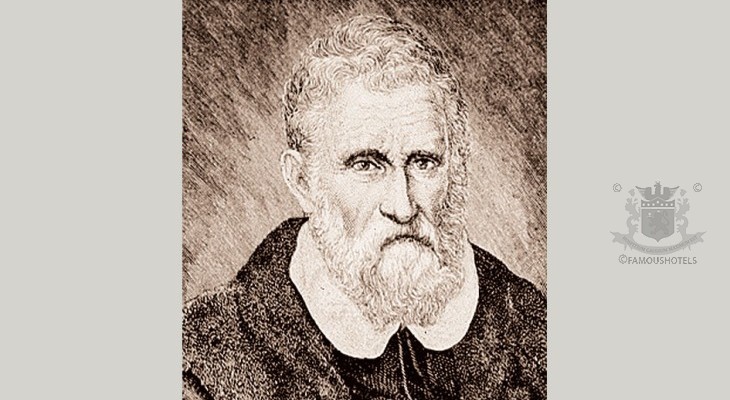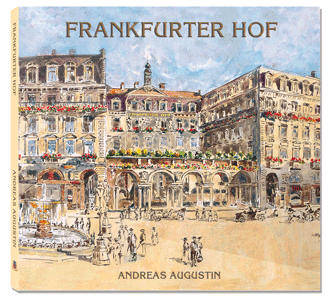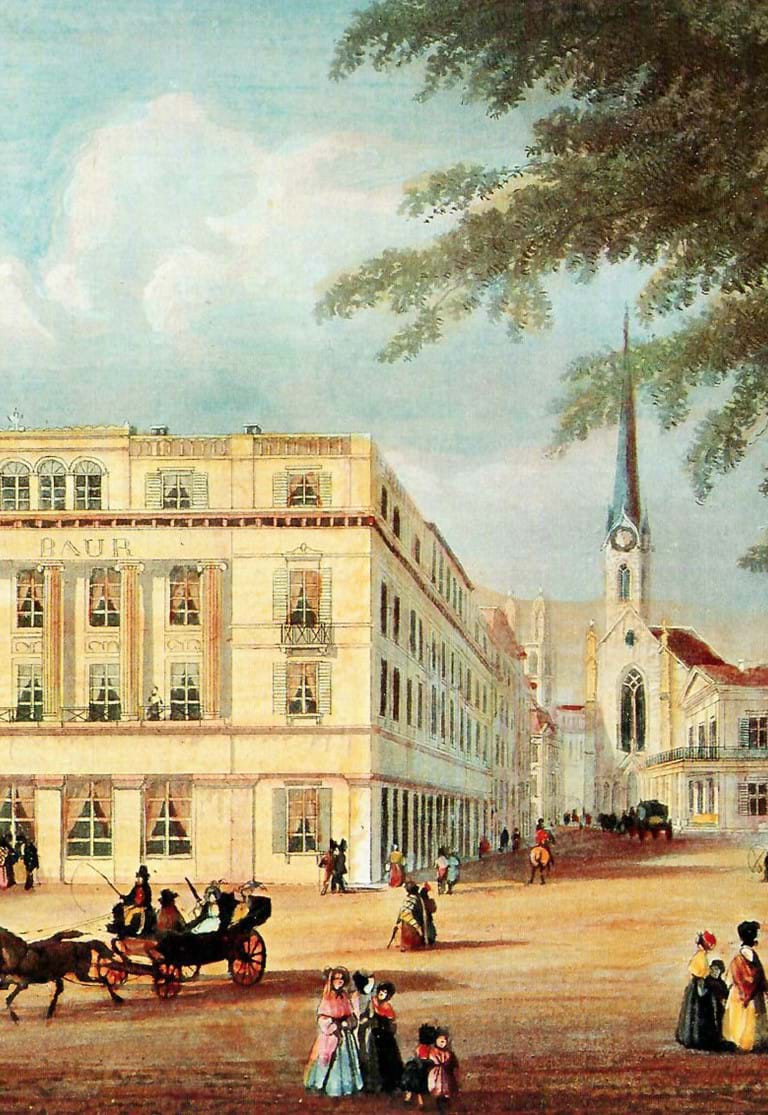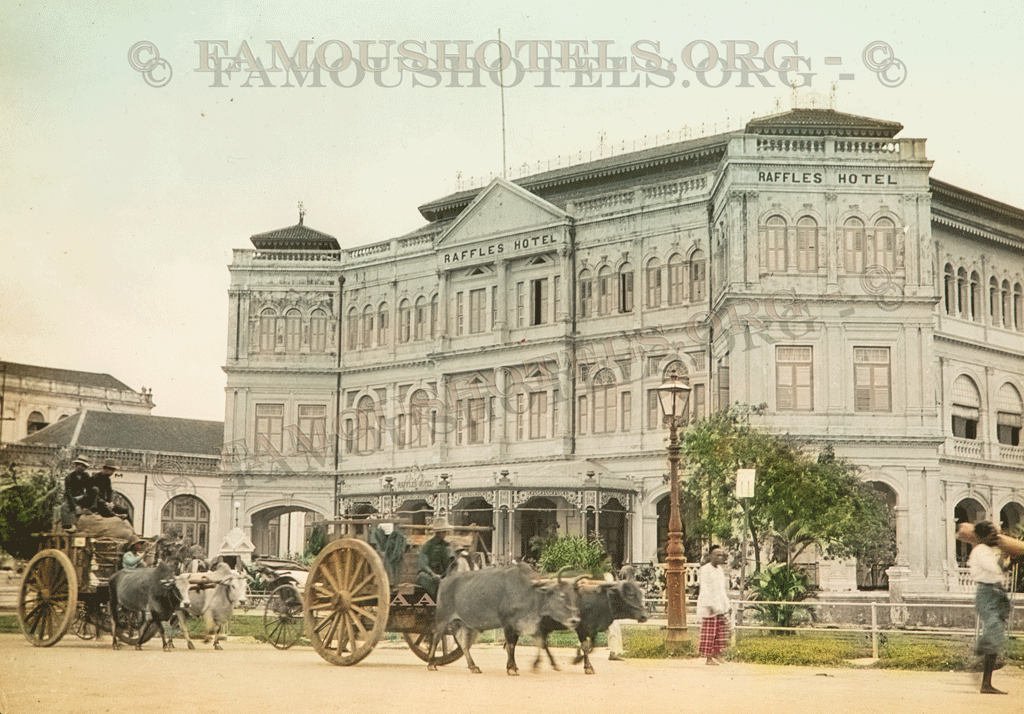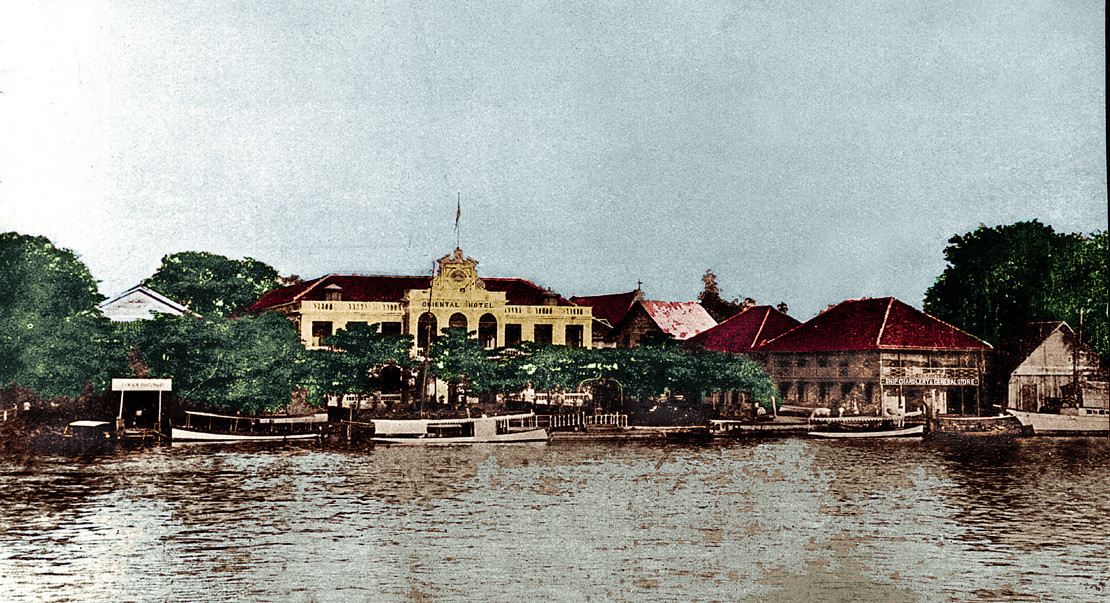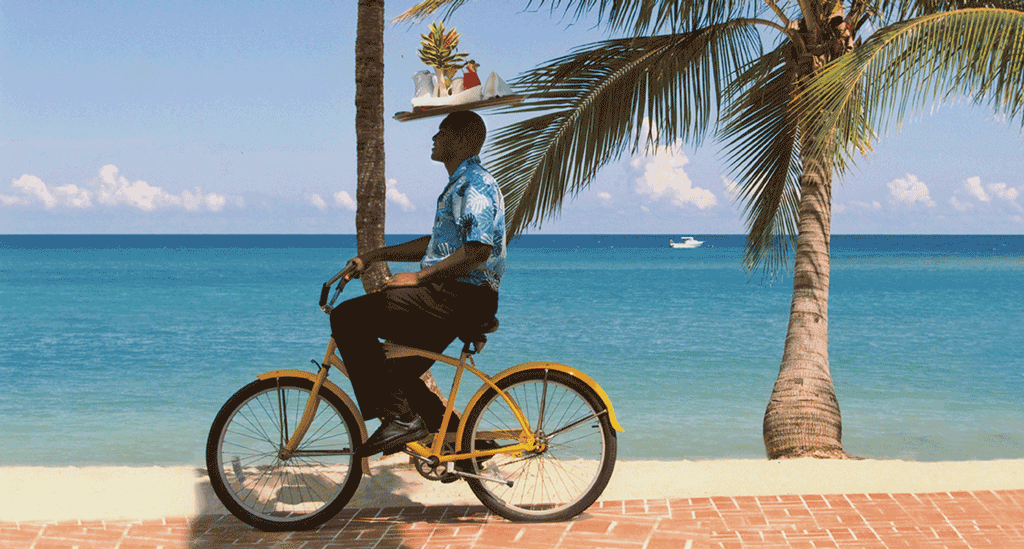Marco Polo about Xian
( words)
MARCO POLO
The first European visitors to the Cathay empire itself were the members of the Polo family (1270–1295). One man became a legend: Marco Polo, (c. 1254– 1324), the most famous perhaps of all travellers. He was the first European to set foot on Chinese soil. His book Marvels of the World also made him the first travel reporter, fascinating endless numbers of followers from all over the world. In his writings, he also recorded an eight day journey to Xi’an, which he called the noble city of Quengianfu.
Please take a moment to read Marco Polo’s full report about the city; it is too interesting to reduce it to excerpts. Approaching Xi’an, he first describes the surrounding countryside:
’And again I tell you that all the country and the land is full of verdure, that is of a very great number of mulberries, these are the trees of which the worms that make silk live on their leaves, so that the whole land abounds very greatly in silk (Already, by 550 AD some monks had smuggled silkworms from China to the Byzantine empire, creating the western silk industry. An early act of industrial espionage - author’s note).
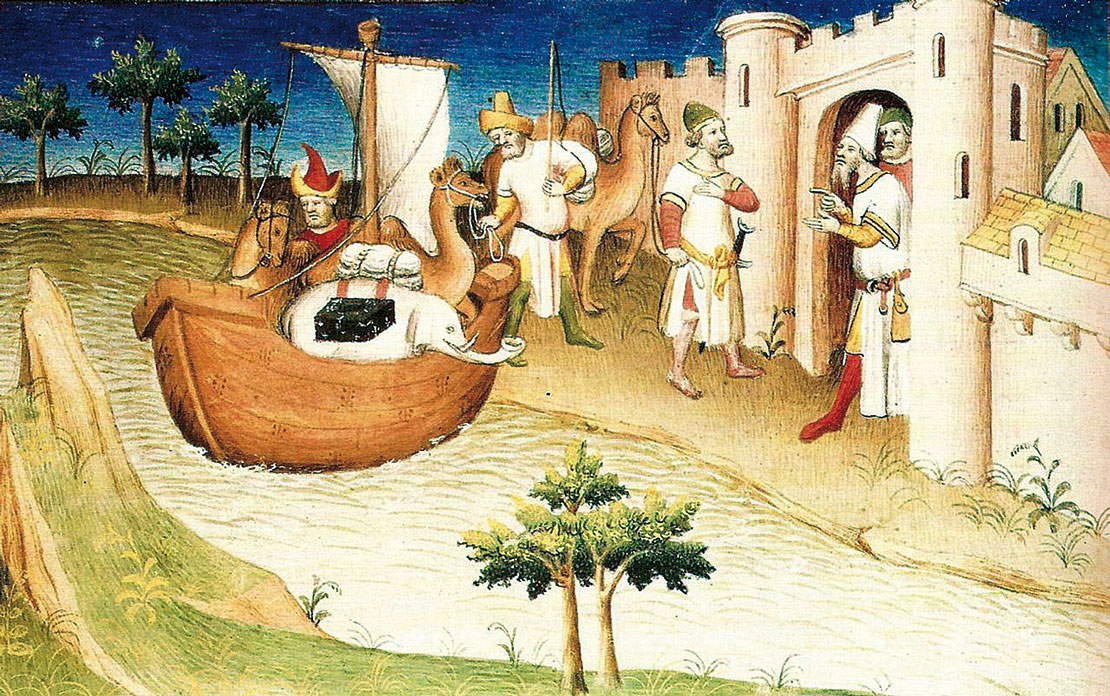
"Marco Polo travelling"
The people are all idolaters; and there are Nestorians, Christians, Turks, there are too some Saracens. There is chase enough of beasts and hunting of many kinds of birds.
A very great and fine city it is, and the capital of the kingdom of Quengianfu, which in old times was a noble, rich, and powerful realm. It is a very great town of great trade and great industry.
They have great abundance of silk, from which they weave cloths of silk and gold of divers kinds. And also large and very fine hides are found there in great abundance. All equipment which are needed for the armies of the great Khan are made there; and they have all things which are necessary to the body of man for life in great abundance and very cheap.
And about five miles outside the town is the palace of the lord who is called King Mangalai, and know that the crowned king is son of the great Khan; which is so beautiful and so great as I shall tell you. For it is in a great plain, where there are rivers which run in and around it and lakes and pools and springs enough. Round about it is a massive and lofty wall, five miles in compass, well built, and all garnished with battlements, where are many wild animals and also birds of chase, for none would dare to hunt or chase them except the lord, who takes great delight in it. And within this wall is the king’s palace, so great and fine that no one could imagine a finer. There are in it many great and splendid halls, and many chambers, all painted and embellished with work in beaten gold.
This King Mangalai following in the footsteps of his father keeps his kingdom very well in great peace and in great justice and in very great right and is much loved and reverenced by all his people. … The armies of the King Mangalai stay round the palace and they have great enjoyment there with fowling and hunting.’

